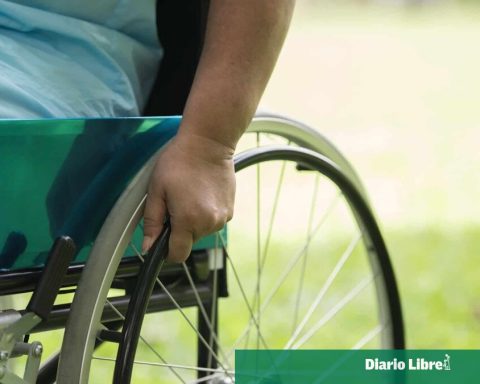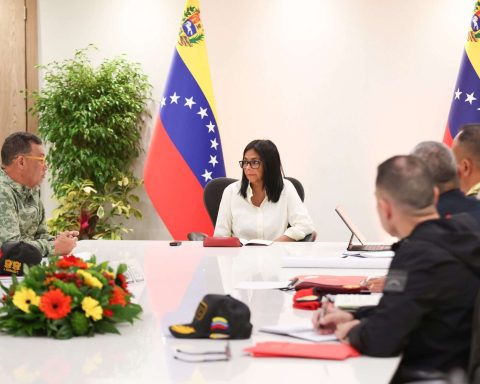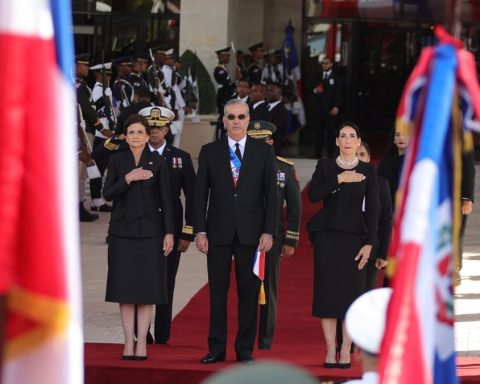As of today (15), pre-candidates who will contest the October elections are authorized to carry out a prior crowdfunding campaign, a modality known as virtual crowdfunding or crowdfunding.
According to the electoral rules, the collection will be made by specialized companies that were previously registered with the Electoral Court.
The release of funds is subject to the application for registration of candidacy, obtaining a CNPJ and opening a bank account.
During the fundraising campaign, pre-candidates will not be able to make requests for votes and advance electoral propaganda.
who can donate
Only individuals can donate. According to the rules of the Superior Electoral Court (TSE), there is no limit to the amount to be received by the crowdfunding modality.
Donations of amounts equal to or greater than R$ 1,064.10 can only be received by electronic transfer or crossed and nominal check. This rule must be observed, even in the case of successive contributions made by the same donor on the same day.
Accountability
The issuance of receipts is mandatory for any type of contribution received, whether in cash or card. This is done to enable control by the Public Ministry and the Judiciary.
The collecting company must also make available in site the list with the identification of donors and the respective amounts donated, to be instantly updated with each new contribution, as well as informing candidates and voters about the administrative fees to be charged for carrying out the service.
All donations received through crowdfunding must be entered individually for the gross amount in the rendering of electoral campaign accounts of candidates and political parties.
regulation
The method of raising funds for electoral campaigns was regulated by the 2017 electoral reform and used in the 2018 General Elections and in the 2020 Municipal Elections. The 2017 reform also prohibited the donation of companies to candidates. The crowdfunding, then, gained strength to increase the amount for electoral campaigns, added to donations from individuals and public resources, coming from the Special Fund for Campaign Financing, which this year is estimated at R$ 4.9 billion.
According to TSE data, in the 2018 elections, the first time the crowdfunding was held, approximately R$19.7 million was collected through crowdfunding. In the 2020 elections, BRL 15.8 million was raised.
The first round will be held on October 2, when voters go to the polls to elect the President of the Republic, governors, senators, federal, state and district deputies. An eventual second round for the presidential race and the state governments will be on October 30th.















